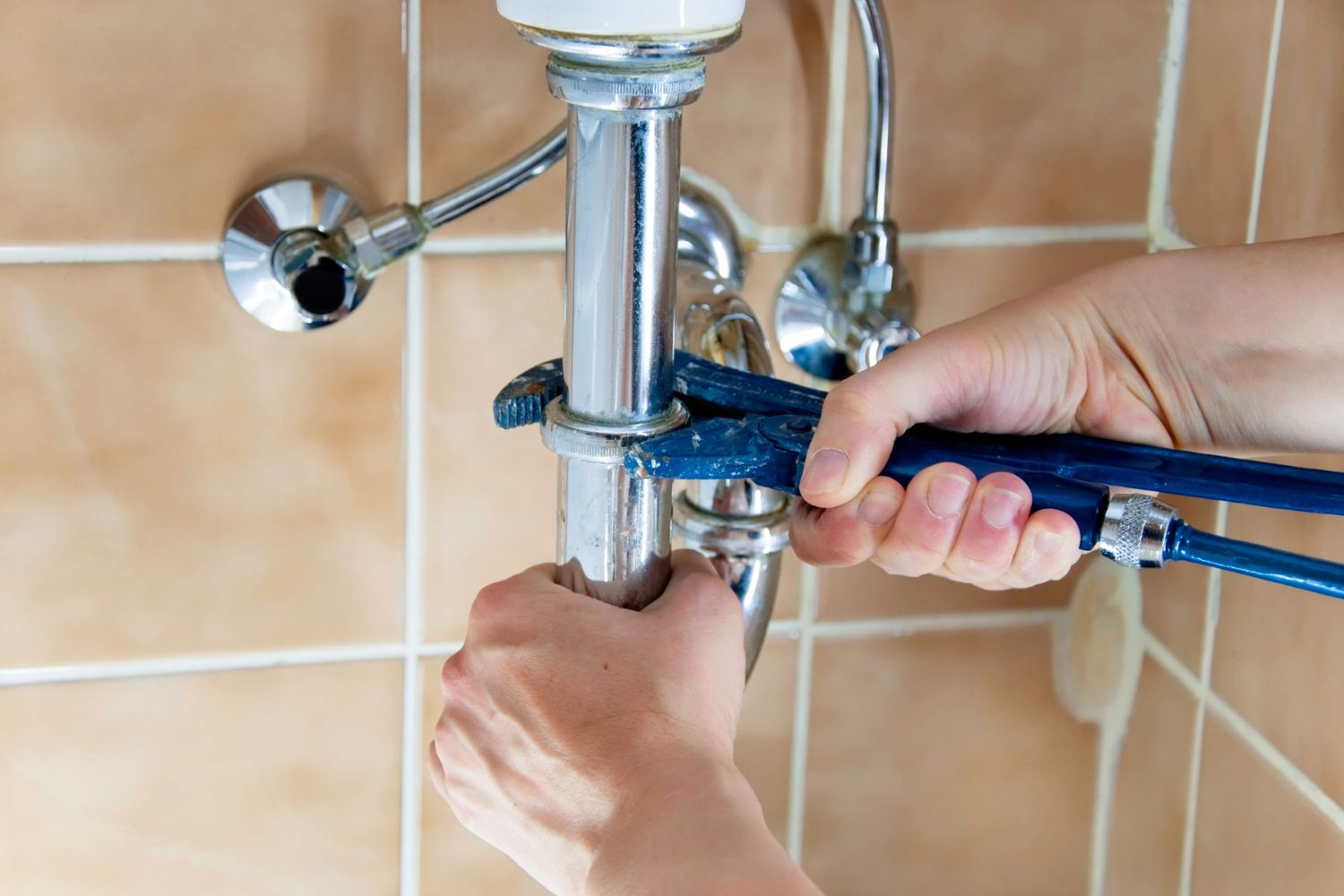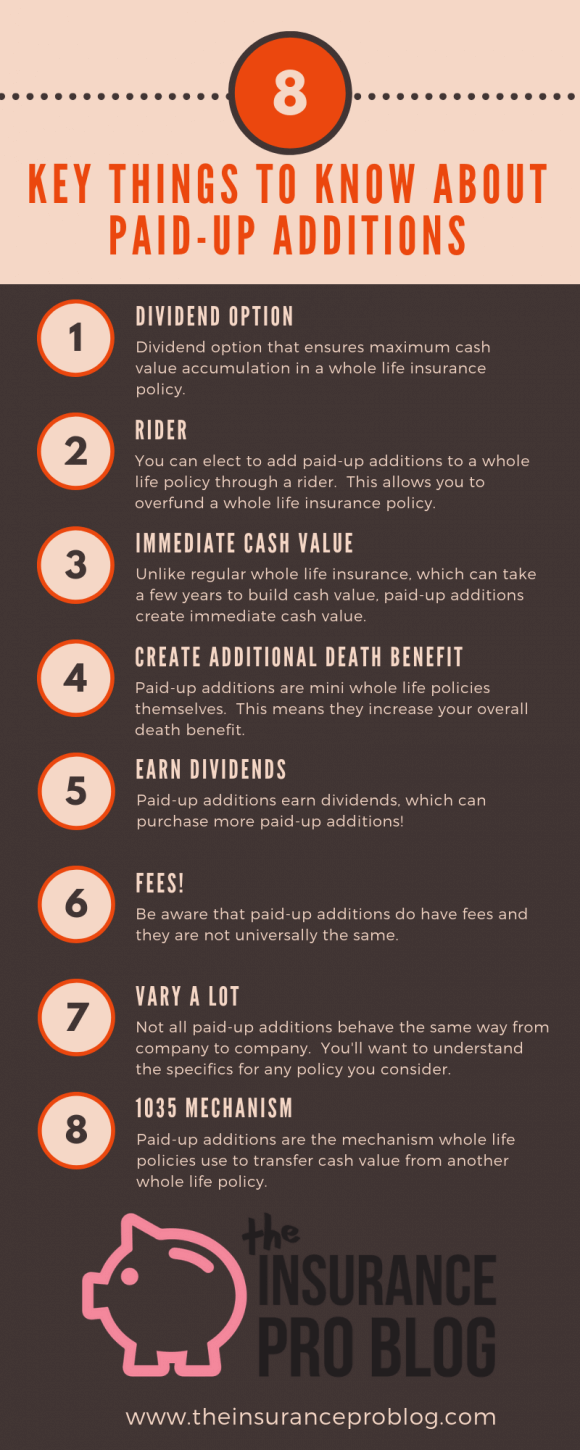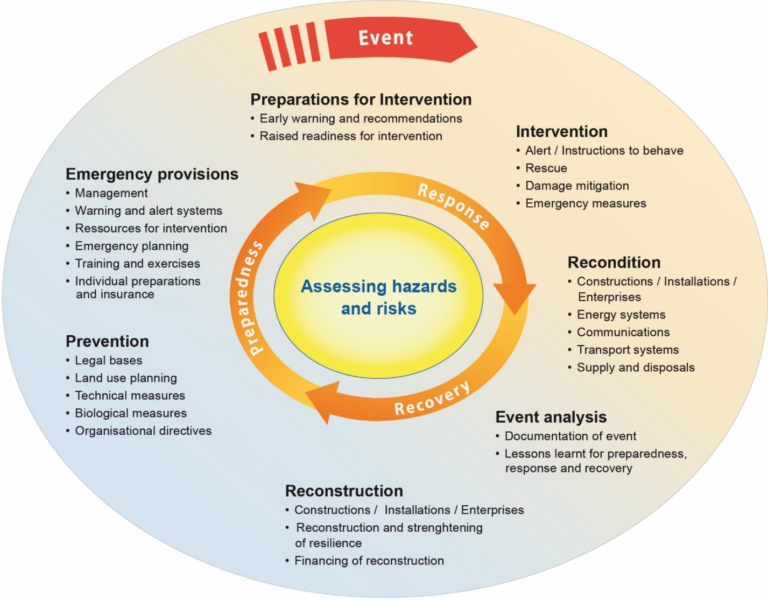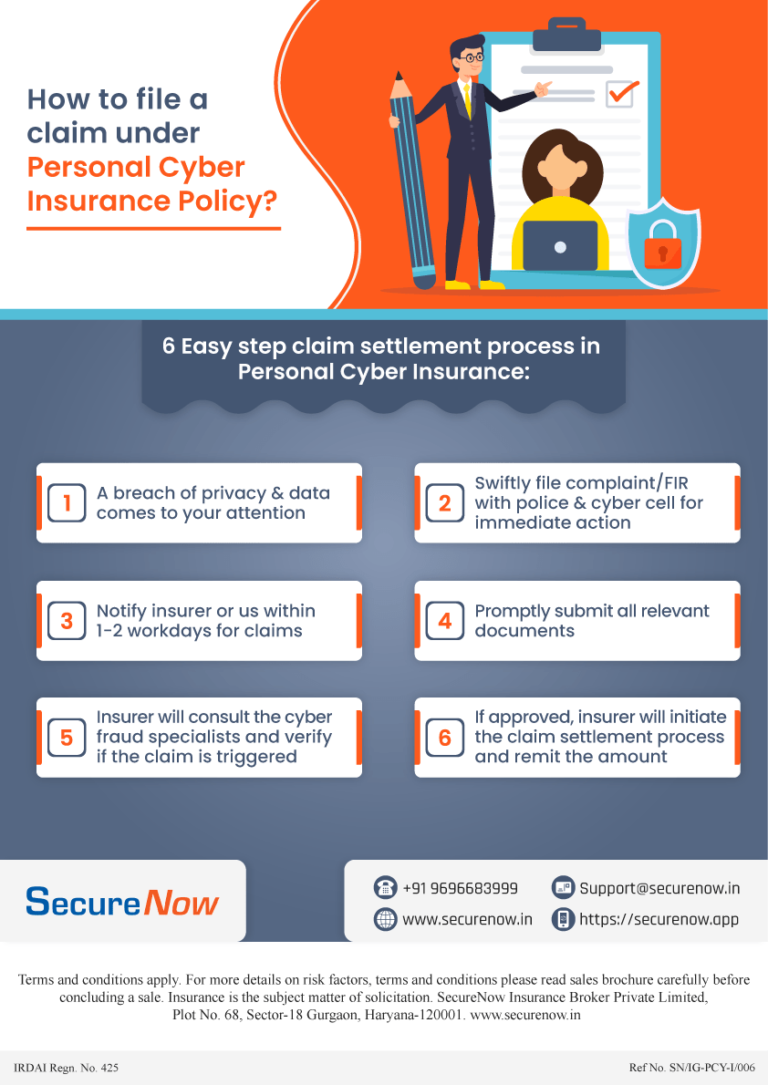Homeowners Insurance Cover Plumbing: What You Need to Know
Homeowners insurance covers plumbing issues, providing crucial financial protection against unexpected water damage. From leaky pipes to burst fittings, plumbing problems can escalate quickly, resulting in costly repairs and extensive damage to your home. Knowing the extent of your water damage coverage can make a significant difference when it comes to filing home insurance claims. Understanding your home insurance policy is essential, as it determines what types of plumbing repairs are covered and under what circumstances. By being proactive and informed, homeowners can safeguard their property against the potential pitfalls of plumbing mishaps.
When it comes to safeguarding your property, understanding how home insurance protects against plumbing-related issues is vital. Home insurance policies often encompass various aspects of water damage protection, including coverage for plumbing failures and the resulting harm to your dwelling or belongings. Whether you’re facing leaks, bursts, or other plumbing complications, knowing your rights and coverage options can help you navigate the insurance landscape. Additionally, being aware of the limitations of your policy can prevent unpleasant surprises when you need to file an insurance claim. Ultimately, having a comprehensive grasp of your home’s insurance provisions is essential for effective risk management.
Understanding Homeowners Insurance and Plumbing Coverage
Homeowners insurance is designed to protect you from unforeseen damages, including those caused by plumbing issues. Typically, policies cover sudden and accidental damage resulting from plumbing failures, such as burst pipes or unexpected leaks. It’s essential to understand that while many plumbing-related mishaps are covered, this protection can vary based on your specific policy. Evaluating your coverage helps ensure that if a plumbing disaster strikes, you will be prepared to file a claim without unwelcome surprises.
In addition to covering the immediate damage caused by plumbing issues, homeowners insurance also encompasses various types of coverage, such as dwelling coverage, which protects the structural integrity of your home, and personal property coverage, which safeguards your belongings. However, homeowners should remain vigilant about the limitations of their policies, as not all plumbing-related incidents will be covered. Understanding these nuances can save you time and stress when dealing with potential water damage claims.
Common Plumbing Issues and Their Impact on Insurance Claims
When it comes to plumbing issues, some of the most frequent problems include burst pipes, clogged drains, and leaky faucets. Each of these issues can lead to significant water damage if left unchecked, prompting homeowners to rely on their insurance coverage. However, not all plumbing issues are treated equally under insurance policies. For instance, while sudden leaks might be covered, gradual leaks that result from neglect may not be eligible for a claim. This distinction is crucial for homeowners to grasp, as it directly impacts their financial liability.
Filing a home insurance claim for plumbing issues generally requires specific documentation, such as photographs of the damage and a detailed account of the incident. Insurers often assess the cause of the plumbing problem to determine if it aligns with the policy’s coverage terms. Homeowners must be proactive in maintaining their plumbing systems to avoid claims that stem from avoidable issues, as neglect could lead to denied claims and additional repair costs.
What Plumbing Problems Are Typically Excluded from Coverage?
Despite the broad coverage offered by homeowners insurance, certain plumbing issues are often excluded. For example, damage resulting from sewer backups or clogs is frequently not covered without additional riders or endorsements on your policy. Homeowners should be aware that sewer line issues can cause extensive water damage and may require separate flood insurance to mitigate the financial risk associated with such events.
Additionally, damages caused by frozen pipes that burst due to neglect during cold weather may not be covered. This exclusion emphasizes the importance of proper maintenance and preventive measures, such as insulating pipes and regularly checking for leaks. Homeowners who remain proactive about their plumbing systems can avoid the pitfalls of denied claims and ensure their insurance provides the protection they need.
Identifying Signs of Plumbing Issues Early
Detecting plumbing issues early is vital to preventing extensive water damage and costly repairs. Homeowners should be vigilant for signs like discolored or bulging walls, which may indicate hidden leaks. Additionally, strange sounds emanating from walls or musty odors in certain areas can signal plumbing problems that require immediate attention. Recognizing these warning signs can empower homeowners to take swift action, minimizing potential damage and ensuring their home remains safe.
If you notice any of these indicators, it’s crucial to act quickly by contacting a professional plumber. Prompt attention not only prevents further damage but can also aid in filing a successful insurance claim. Documenting the issue with photographs and detailed descriptions will support your case when dealing with your insurance provider, ensuring that you receive the necessary assistance to resolve the plumbing problem.
Steps to Take When Experiencing Plumbing Problems
When faced with plumbing problems, the first step is to assess the situation and determine the severity of the issue. For minor problems, such as a clogged sink, homeowners may opt for DIY solutions, but for significant issues like a burst pipe or severe leak, it’s essential to call in a licensed plumber. Taking immediate action not only helps mitigate damage but also supports potential insurance claims by demonstrating that you acted responsibly.
Before cleaning up any mess, it’s important to document the damage thoroughly. Take clear photographs of the affected areas and items, as this evidence will be critical when you file your home insurance claim. Additionally, it’s advisable to move valuable possessions away from the affected area to prevent further loss. This proactive approach will not only protect your belongings but also demonstrate to your insurer that you took reasonable steps to limit the damage.
Preparing for Plumbing Emergencies
Preparation is key to managing potential plumbing emergencies effectively. Homeowners should familiarize themselves with their insurance policies, especially concerning plumbing coverage, to understand what types of incidents are covered. Having this knowledge at hand can ease the stress of dealing with a plumbing crisis and streamline the claims process when it becomes necessary.
Furthermore, establishing a good relationship with a local plumber can expedite responses to emergencies. Regular plumbing maintenance checks can help identify potential issues before they escalate, ensuring your home remains well-protected. By taking these proactive measures, homeowners can safeguard their property and enjoy peace of mind knowing they are prepared for plumbing emergencies.
FAQs About Homeowners Insurance and Plumbing
Homeowners often have numerous questions regarding the intersection of plumbing issues and home insurance. Common inquiries include whether homeowners insurance covers plumbing repairs and the types of plumbing issues typically covered. Understanding the specifics of your policy and its exclusions is essential for navigating these concerns effectively. Being well-informed about your coverage can prevent misunderstandings and ensure you are adequately protected.
Additionally, homeowners often ask about the best practices for filing claims related to plumbing problems. Documenting damages thoroughly, taking immediate action to mitigate further issues, and understanding your policy’s limitations are crucial steps in this process. Engaging with your insurance provider and seeking clarity on any ambiguous terms can also help homeowners feel more confident when dealing with plumbing-related claims.
Preventing Plumbing Issues to Avoid Claims
Preventing plumbing issues is a proactive way to safeguard your home and avoid potential insurance claims. Regular maintenance of your plumbing system, such as checking for leaks, flushing water heaters, and ensuring proper insulation of pipes during colder months, can significantly reduce the risk of damage. Homeowners should also be vigilant about clearing drains and addressing minor issues before they escalate into major problems.
Investing in a plumbing warranty or additional coverage can offer extra peace of mind. Such policies often cover routine maintenance and unexpected repairs, providing additional financial protection. By taking these proactive measures, homeowners can not only maintain their properties but also minimize the likelihood of needing to file claims, which can lead to higher premiums and stress.
Frequently Asked Questions
Does homeowners insurance cover plumbing repairs?
Yes, homeowners insurance typically covers plumbing repairs resulting from sudden and accidental incidents, such as burst pipes or leaks that cause water damage to your home or personal property.
What types of plumbing issues are typically covered by homeowners insurance?
Homeowners insurance generally covers plumbing issues such as burst pipes, sudden leaks, plumbing system failures, and the resulting water damage to your home and belongings.
Are there any plumbing issues that homeowners insurance does not cover?
Yes, homeowners insurance usually excludes coverage for damage due to gradual wear and tear, lack of maintenance, or neglect of plumbing systems. Additionally, damage from flooding or sewer backups often requires separate flood insurance or specific sewer backup coverage.
Does homeowners insurance cover the cost of repairing or replacing damaged plumbing fixtures?
Homeowners insurance may cover the repair or replacement of plumbing fixtures, like pipes and faucets, if the damage is due to a covered peril. Keep in mind that coverage limits and deductibles may apply.
Will homeowners insurance cover the cost of water damage resulting from a plumbing issue?
Yes, homeowners insurance typically covers water damage repairs to your home and personal property caused by a covered plumbing issue, such as leaks or burst pipes affecting walls, floors, and belongings.
What should I do if I experience a plumbing issue and need to file a homeowners insurance claim?
If you experience plumbing issues that lead to damage, document the situation, take steps to mitigate further damage (like shutting off the water), and contact your insurance provider to initiate a claim. An adjuster will evaluate the damage and assist you through the claims process.
How can I prevent plumbing issues and avoid insurance claims?
To prevent plumbing issues and reduce the likelihood of insurance claims, conduct regular maintenance on your plumbing system, such as checking for leaks, insulating pipes during cold weather, and promptly addressing minor repairs. Consider a home warranty or plumbing coverage for additional protection.
| Key Point | Details |
|---|---|
| Coverage for Plumbing Issues | Homeowners insurance usually covers sudden plumbing problems like burst pipes and hidden leaks that cause damage. |
| Types of Coverage | 1. Dwelling Coverage: Protects the home. 2. Other Structures Coverage: Covers adjacent structures. 3. Personal Property Coverage: Covers belongings damaged by plumbing issues. 4. Loss of Use Coverage: Covers temporary housing costs during repairs. |
| Exclusions to Coverage | 1. Visible leaks that could have been fixed. 2. Sewer line backups. 3. Damages from neglected frozen pipes. |
| Signs of Plumbing Issues | 1. Discolored or bulging walls. 2. Sounds of running water behind walls. 3. Musty odors indicating potential mold growth. |
| What to Do When Issues Arise | 1. Call a professional plumber. 2. Document the damage with photos for your claim. 3. Move belongings to prevent water damage and use fans to dry the area. |
Summary
Homeowners insurance covers plumbing issues to a certain extent, providing peace of mind for unexpected plumbing problems. It’s essential for homeowners to understand the specifics of their coverage, including what is included and what is not, to avoid costly surprises. From sudden leaks to protecting personal property from water damage, knowing how your homeowners insurance covers plumbing can save you from significant expenses and headaches in the future. Always maintain your plumbing systems to prevent issues and ensure your insurance claims are valid.







